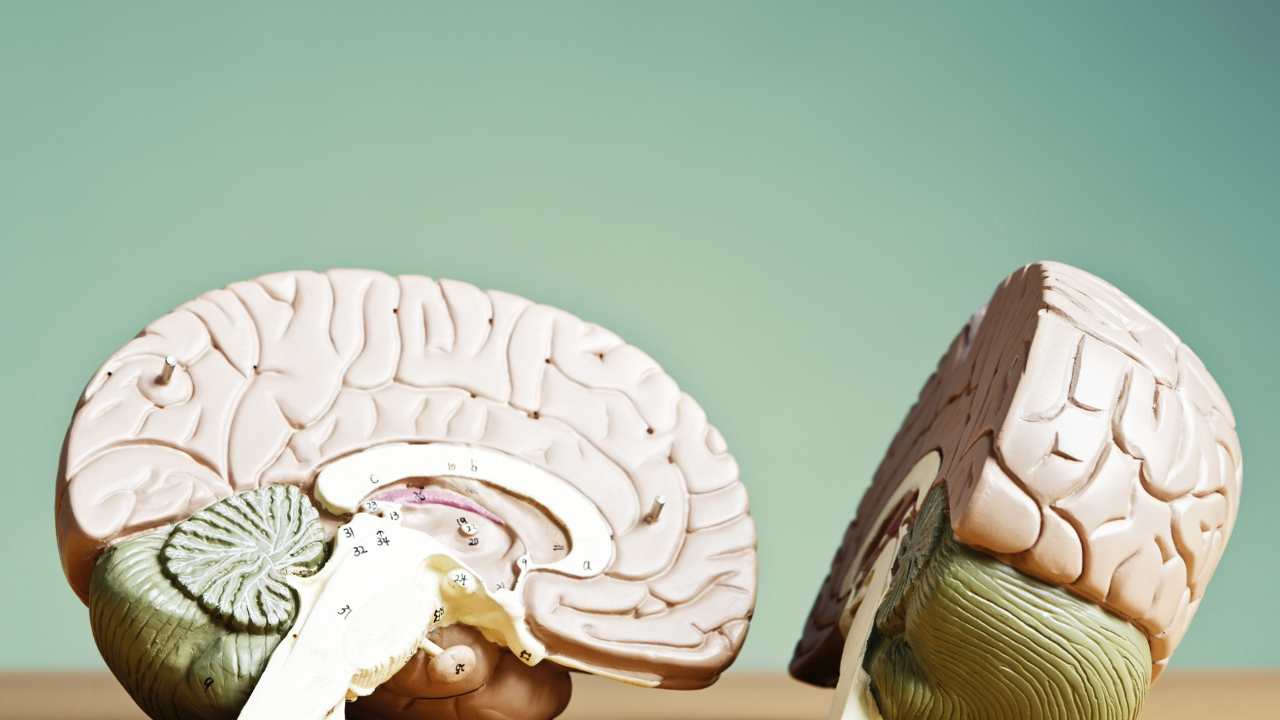Researchers at the University of Missouri are looking into how the food to figure out how to keep our brains sharp, researchers are testing a specific diet. They're particularly interested in the keto diet that is known to focus on foods like fish, meat, eggs, nuts, berries, and full-fat dairy, while at the same time, sugars and starches are cut out.
Study examines diet and genetic risk
This research on mice shows that the keto diet might have sex-specific effects. For female mice with the APOE4 gene, the diet led to a healthier gut and more brain energy. But for the males, it made no difference. It's a strong sign that gender can really change how a diet affects your body and brain.
How keto fuels the brain
“Those with the APOE4 gene - particularly females - struggle to convert glucose into brain energy,” explained doctoral student Kira Ivanich to TN. “By switching to a keto diet, ketones provide an alternative fuel source, potentially reducing the risk of Alzheimer’s by preserving brain cell health.”
This research shows that there's no single best diet for everyone. The food that's right for any given individual depends on their own body, be it their genes, the bacteria in their gut, or age, or gender.
Early intervention is key
It is usually after the age of 65 that the symptoms of Alzheimer’s typically appear. Professor Ai-Ling Lin emphasized the importance of preserving brain health earlier in life. “Early interventions could offer hope to many people before cognitive decline becomes irreversible,” she said, as reported by Technology Networks.
The NextGen Precision Health building at Mizzou supports rapid translation from preclinical studies to human trials with advanced imaging equipment and interdisciplinary collaboration.
Personal motivation drives research
For Ivanich, the work is deeply personal. “My grandmother had Alzheimer’s, which sparked my interest in this topic,” she said. “Being able to make an impact on brain health is very rewarding, and Mizzou’s collaborative environment allows us to do that effectively,” as per Technology Networks.
A ketogenic diet may help preserve brain health, especially in APOE4 females, highlighting precision nutrition’s potential to slow Alzheimer’s risk and promote early, targeted interventions for cognitive well-being.











